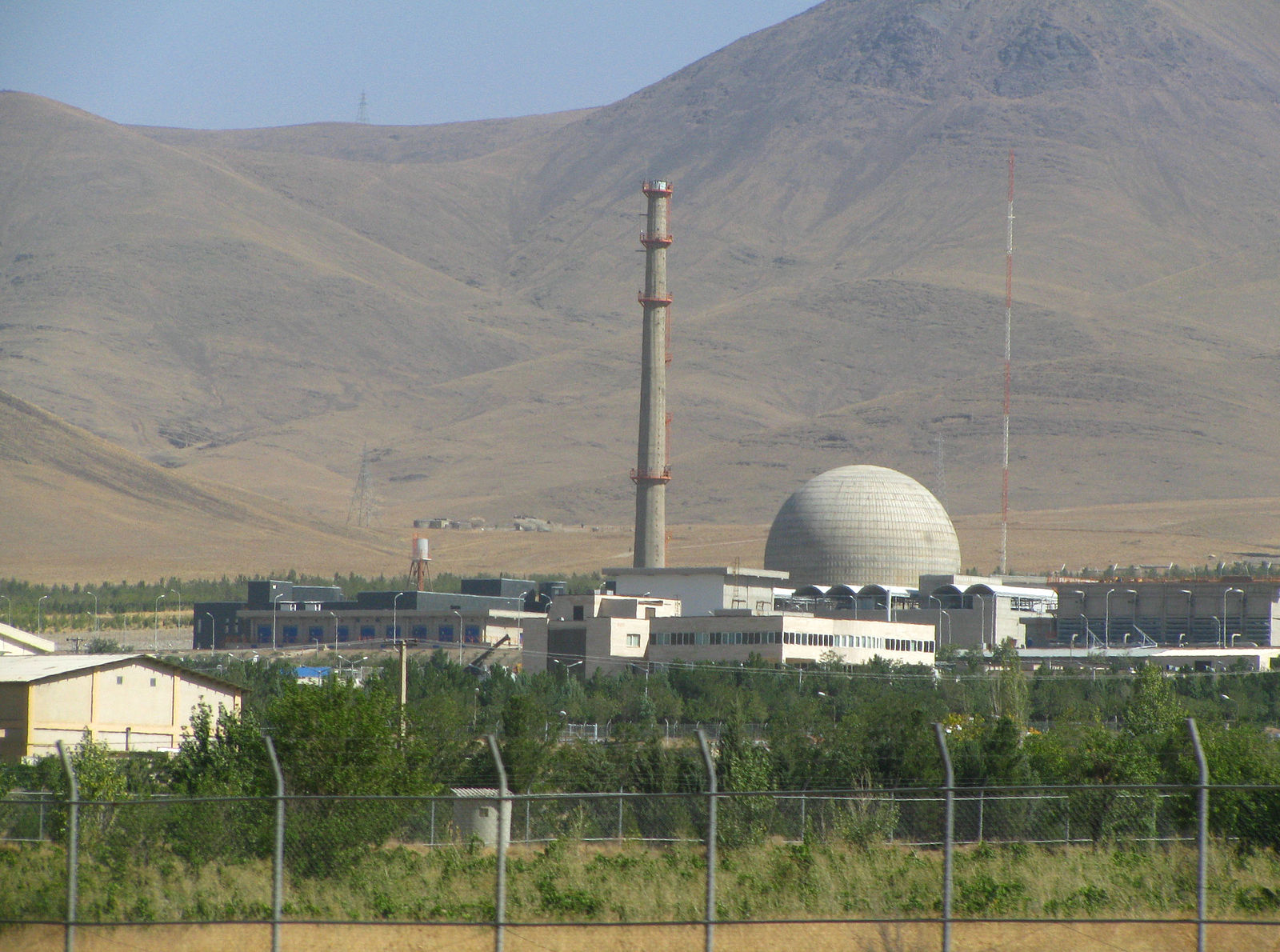Home » Iranian nuclear talks at risk of stalling
Iranian nuclear talks at risk of stalling
July 26, 2022

Alex Vaillancourt
Alex is an Analyst focusing on the Middle East and Northern Africa. His areas of interest include counterterrorism and insurgency.
